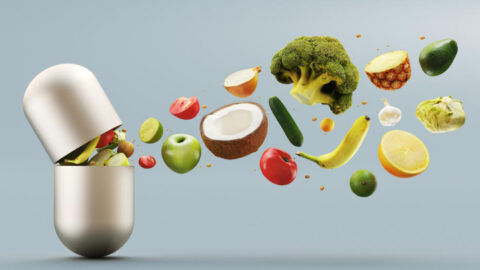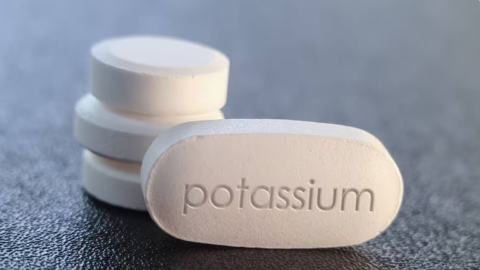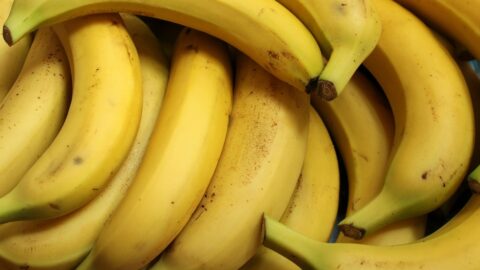For people with Gastroesophageal reflux disease (GERD), daily food choices have a direct and high impact on the treatment process of the disease.
Good foods for GERD
- Vegetables: Vegetables are naturally rich in vitamins and fiber. Healthy options include green beans, cauliflower, cucumber, leafy green, etc.
- Lean meat: Lean meats such as chicken breast, turkey, and fish are low in fat and help reduce the symptoms of Gastroesophageal reflux disease.
- Oatmeal: Using oats in the morning provides an abundant source of energy. It also helps absorb excess acid after a long night because it contains a lot of natural fiber. Similar options are whole-wheat bread.
- Turmeric & honey: You can drinking this mixture with warm wather daily in the morning to help alleviate symptoms of acid reflux.
- Yogurt: Yogurt contains a lot of beneficial bacteria that are good for the digestive tract to help food digest quickly. Note that you should not eat yogurt when you are hungry.
- Fish: Fish is a food not to be missed on the menu of people with GERD. Fish have less acid and fat than other food, yet contain many nutrients. You can choose fish such as salmon, carp, tuna, etc. However, you should choose the cooking methods that come with less oil, such as steaming, simmering, or stewing.
Good fruits for GERD
- Ripe bananas: Bananas are easy to digest. Those golden fruits neutralize the stomach’s acid, stimulate digestion, and treat constipation. The best time to eat bananas is 30 minutes after meal.
- Watery fruits: Watermelon and melon are often recommended by specialists for patients with acid reflux. They provide a rich source of vitamins and improve heartburn caused by GERD.
- Avocado: Eating avocado improves the digestive process of bowel movements. In particular, the potassium in avocados reduces the stress that might cause stomach pain.
- Apple: Pectin in apples is a rich source of soluble fiber, which helps facilitate the excretion process, improves the digestive system, and is suitable for people with weak stomachs.
- Coconut water: Besides providing many minerals, vitamins, and electrolytes to help the body not be dehydrated, coconut water also has antibacterial and anti-inflammatory effects that help heal stomach ulcers.
- Dragon fruit: Dragon fruit provides many nutrients for the body but does not force the stomach to work too hard to digest them.
Diet can play a major role in GER severity and symptoms. Having a suitable and healthy diet reduces the symtoms while promoting overall health. Besides building a good diet, you should see a doctor to find out the cause of your GERD and receive the most effective treatment.














